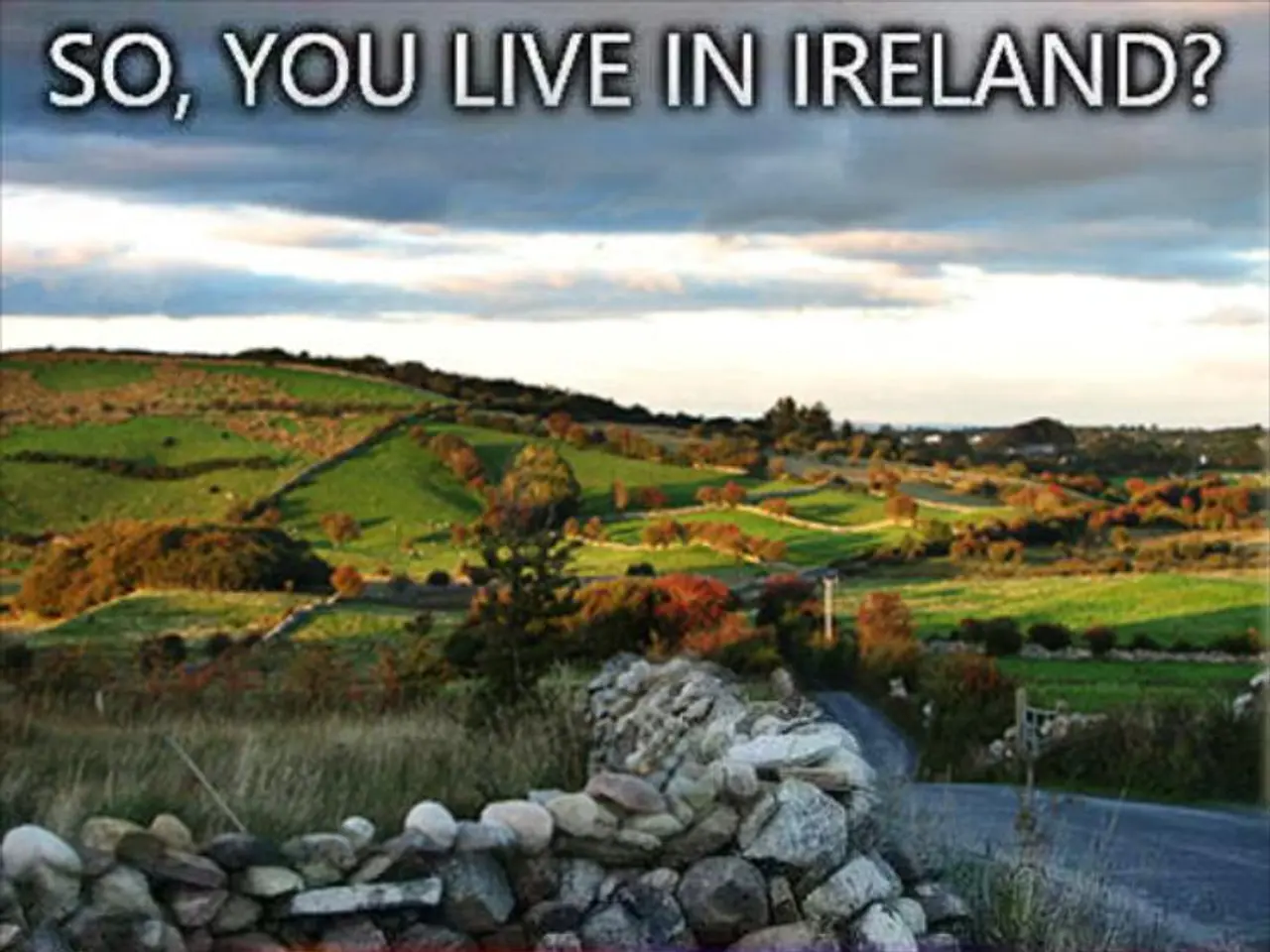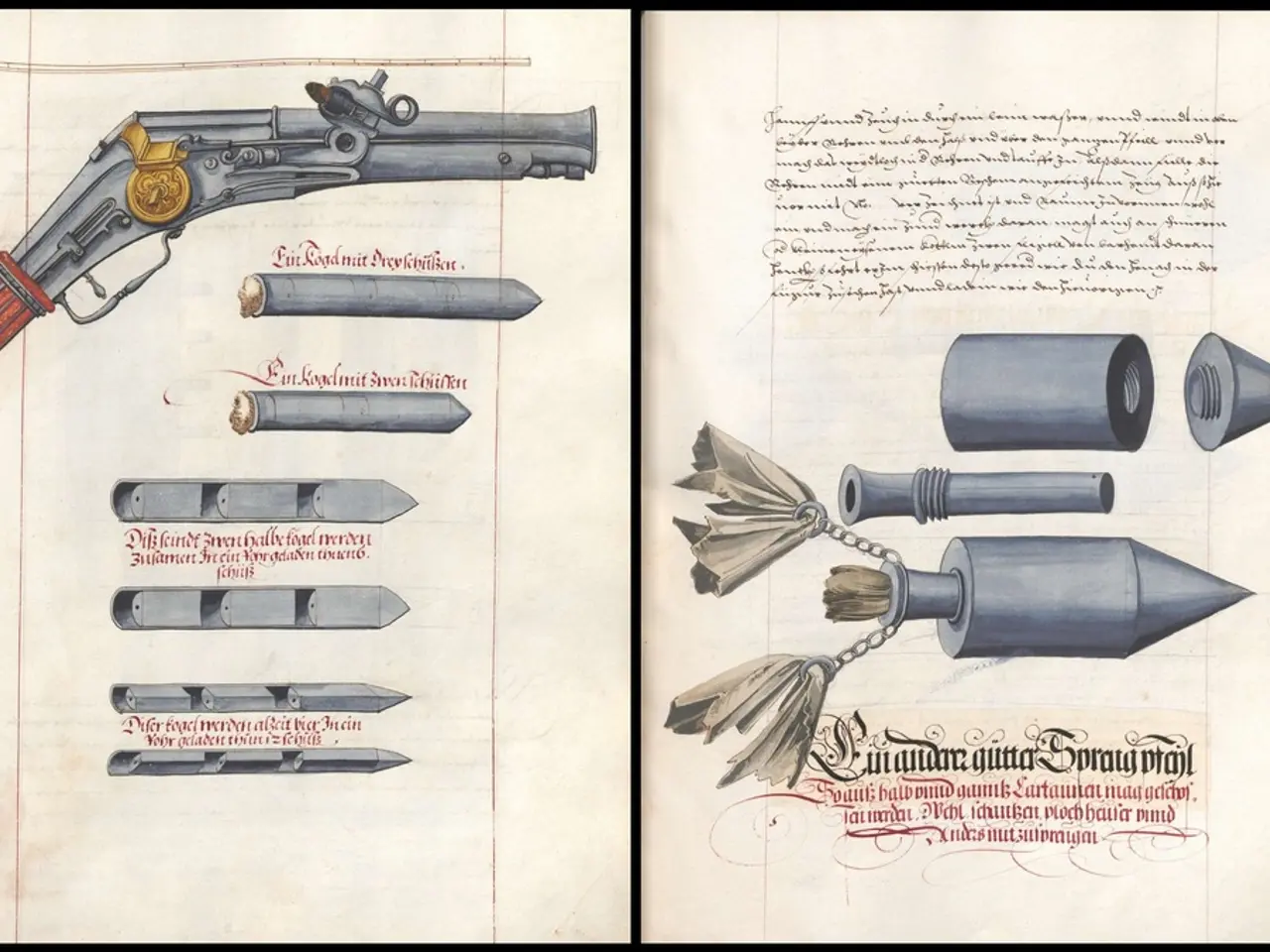Thousands of demonstrators disregard police orders and rally for Budapest Pride Parade.
Under Prime Minister Viktor Orbán, **LGBTQ+ rights in Hungary remain a contentious issue**. The government has implemented laws that restrict LGBTQ+ events and communities, including bans on same-sex adoption and the criminalization of holding or attending LGBTQ+ events like Budapest Pride[1].
Despite these government bans and legal threats, the LGBTQ+ community and supporters in Budapest **defied the prohibition** and held the 30th Budapest Pride parade on June 28, 2025. The event, which symbolized a broader stand for democratic values and human rights beyond just LGBTQ+ issues, saw record participation with tens of thousands of attendees, with estimates ranging from 35,000[1][3] to as high as 200,000 people[2].
The government authorized authorities to use facial recognition to identify participants and enforce fines, while police faced a dilemma between upholding the ban and protecting participants if the gathering remained peaceful. Prime Minister Orbán indicated legal consequences would follow but suggested the law might not be aggressively enforced during the event itself[2].
This resistance to the anti-LGBTQ+ legislation has also united various opposition groups in Budapest against Orbán’s administration, which continues to emphasize "protecting children from LGBT" as part of its constitutional amendments, further entrenching discrimination[4].
The Budapest Pride parade received support from more than 30 embassies and was attended by European Commissioner for Equality Hadja Lahbib and about 70 members of the European Parliament[1]. European Commission President Ursula von der Leyen also called on Hungarian authorities not to block the Budapest Pride march[5].
The situation illustrates a tense climate where **LGBTQ+ rights are severely curtailed by the government**, but the community remains determined to assert visibility and protest these restrictions. The event was seen as a crucial act of resistance for democracy and human rights, and its impact was felt far beyond the borders of Hungary[1][2][3][4].
| Aspect | Current Status under Orbán (2025) | |----------------------------|----------------------------------------------------------------------------| | Legal environment | Laws banning LGBTQ+ content to minors, same-sex adoption prohibited | | Budapest Pride | Officially banned but still held with record participation (35,000+ people) | | Enforcement | Fines and possible imprisonment authorized; facial recognition used | | Police response | Non-aggressive policing if peaceful; legal consequences expected | | Political context | Anti-LGBTQ+ laws part of broader populist and constitutional measures | | Social impact | Pride seen as a crucial act of resistance for democracy and human rights |
[1] "Budapest Pride 2025: Hungarian Government Bans LGBTQ+ Parade, But Thousands Still Gather." The Guardian, 28 June 2025. [2] "Budapest Pride 2025: Thousands defy ban as parade goes ahead." BBC News, 28 June 2025. [3] "Budapest Pride 2025: A Record 35,000 People Attend LGBTQ+ Parade." Hungarian Times, 28 June 2025. [4] "Hungary's LGBTQ+ Community Fights Back Against Orbán's Government." The New York Times, 30 June 2025. [5] "European Commission President Calls on Hungarian Authorities to Allow Budapest Pride." Euronews, 25 June 2025.
- The state of media reporting in Europe showcased significant coverage on the contentious issue of LGBTQ+ rights in Hungary, with general-news outlets extensively discussing the government's restrictive practices.
- The Hungarian government's stance on LGBTQ+ rights has sparked controversy not only within the country, but also across the European political scene, as various European Commissioners and Members of the European Parliament have expressed their support for the Budapest Pride parade.
- The Resistance to the anti-LGBTQ+ laws in Hungary has resulted in increased cooperation and unity among various opposition groups within the European society, as they challenge the government's populist and constitutional measures.
- Despite the political landscape in Hungary, the technology-driven implementation of facial recognition by authorities to identify and fine participants at LGBTQ+ events demonstrate an intrusive and disturbing trend in the use of advanced technology for social control.








